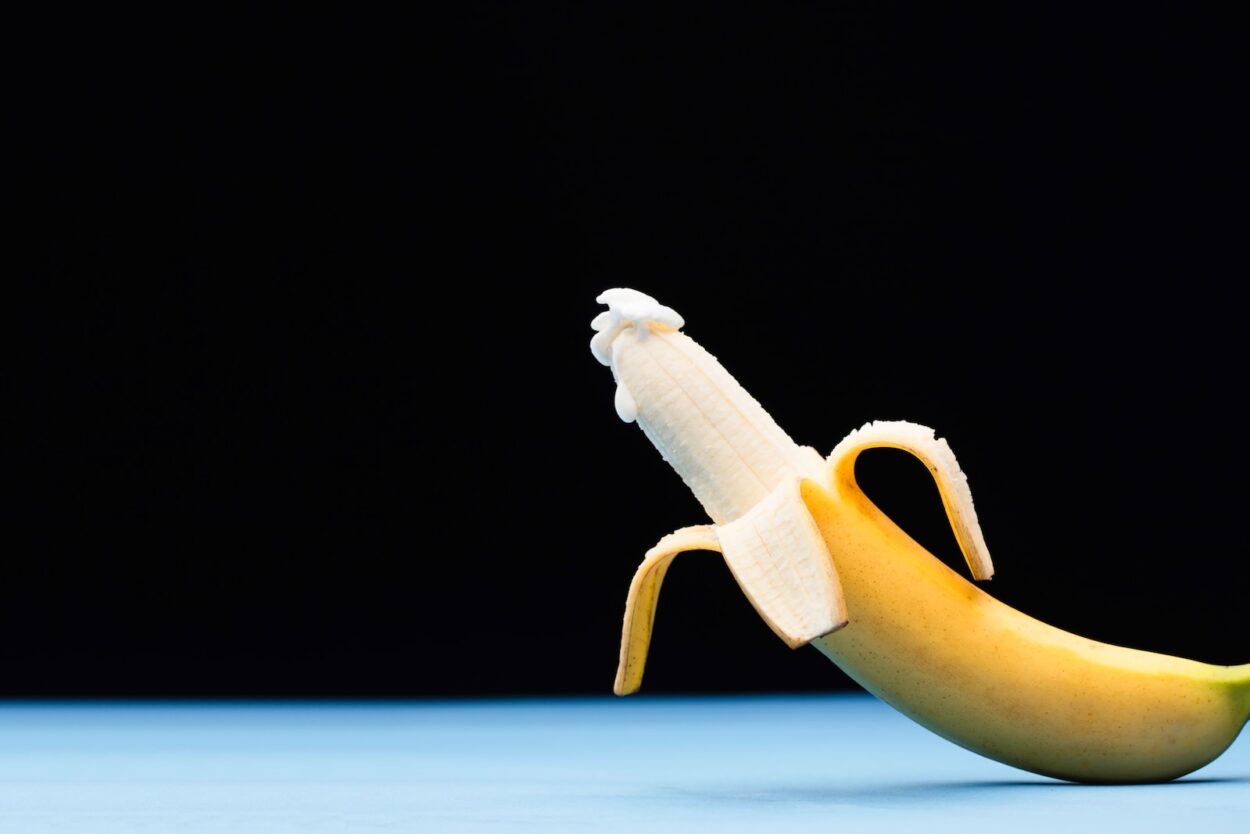Sperm problems can come from a combination of traits you’re born with, lifestyle choices (like smoking and drinking alcohol) and long-term health conditions. A lack of sperm (azoospermia) can also be caused by a blockage in the tubes that the sperm travel through.
There are many rumors about what can and cannot affect a man’s fertility. Let’s sort fact from fiction.
1. Heat
The sperm that is produced in the testicles must be kept at a temperature that is 2-4 degrees lower than body temperature. If a man exposes his testicles to too much heat, he can damage sperm and significantly reduce sperm production.
Overheating the testicles can be caused by a variety of things, including taking long hot showers and baths, wearing sweatpants or tight underwear that keeps the scrotum close to the body, and even using a laptop or cellphone too often. Studies show that overheating the testicles can cause a decrease in sperm count, motility, and morphology.
Some people believe that fevers can also have an adverse impact on sperm. Fever is a natural response to illness or infection, and while it does raise the temperature of the testicles, it only lasts for several days.
Men who smoke also tend to have lower sperm counts, but the actual cause is likely from the chemicals in cigarettes. The same can be said for hand sanitizer, which contains chemicals that are harmful to sperm and reduces their ability to fertilize eggs.
2. Smoking
There are a number of factors that can cause sperm counts to drop. These include a hormone imbalance or damage to the testes and sperm production systems. Problems with the hypothalamus or pituitary glands can also interfere with sperm production and fertility.
One of the biggest factors that causes a man’s sperm count to drop is smoking (cigarettes and vaping). It has been shown that smokers have lower sperm levels and sperm with abnormal morphology. The chemicals in tobacco smoke can negatively affect the sperm cells and their DNA.
Other things that can negatively impact a man’s sperm are stress, too much alcohol, some foods and medications. A diet high in folate, which is found in leafy green vegetables, beans, fruits and whole grains can positively improve sperm levels and quality. A diet rich in omega-3 fatty acids can help as well. It is important to drink lots of water and avoid caffeinated drinks such as coffee, tea and energy drinks. Some medications can also interfere with sperm production and can lead to infertility, including anabolic steroids, long-term corticosteroid use, chemotherapy and some ulcer and arthritis medications.
3. Drinking Alcohol
Several studies have shown that drinking alcohol can destroy sperm cells. It can cause changes in sperm count, size, shape, and motility. It also alters the way sperm is released. Drinking too much can lead to low testosterone levels, erectile dysfunction, and reduce sperm quality. It can also cause damage to the DNA in sperm.
Some studies show that moderate alcohol intake, such as 1-2 standard drinks per day can’t harm sperm cells. However, it is important to know that heavy alcohol use may reduce fertility. This is because heavy drinking can cause damage to the testicles and lower sperm production.
Other factors that can decrease sperm production include anabolic steroids used for muscle growth and strength, smoking and secondhand smoke, obesity, and certain foods. Studies show that eating a healthy diet, including consuming plenty of vegetables and whole grains, can improve sperm health. It is also important to avoid unhealthy fats and sugary foods. In addition, it is important to exercise and maintain a healthy weight. Drinking water can also improve sperm health.
4. Drugs
Sperm cells, known as spermatozoa, form during the process of spermatogenesis. This happens when sperm stem cells differentiate into spermatocytes, which undergo meiosis to reduce their number of chromosomes and produce spermatids. These spermatids then construct a tail (flagellum) that allows them to swim towards an egg and fertilize it.
The sperm head contains 23 chromosomes and the nucleus, which takes up 65 percent of the cell. The remainder of the cell is the flagellum, which stretches for about 40 microns and is essential for movement. The flagellum gets its energy from the mitochondria, which convert sugar into energy. The cell will die if the energy supply to the flagellum is depleted.
Certain things can cause a drop in sperm count, such as overheating the testicles by frequent sauna use or sitting for long periods of time. Some drugs, such as anabolic steroids and cocaine, can also lower sperm count and reduce their quality. Certain occupations can increase the risk of infertility, as well, such as welding. Certain medications can also affect sperm quality, including antidepressants and blood pressure medication.
5. Stress
Although the rumors about activities and habits that can cause poor sperm count are unfounded, stress does negatively affect sperm count. While it’s not likely that stress causes infertility, it can affect sperm count by increasing the levels of testosterone and lowering sperm production. This can lead to low sperm concentration and motility.
A man’s job and lifestyle may also affect his sperm production. For example, jobs that involve a lot of heat such as cooking or working as a firefighter can cause a negative effect on sperm count and quality. Even frequent exposure to heat can affect sperm production, such as when a man sits with a laptop on his lap every day.
Emotional stress can also be a cause of lowered sperm production. This can include stress caused by trying to conceive, which can lead to reduced frequency of sex. High amounts of caffeine and obesity are also thought to negatively impact sperm. These are all lifestyle factors that can be modified and therefore, under a person’s control. In addition to these, consuming a diet rich in folate can improve overall sperm health.




Leave a Comment